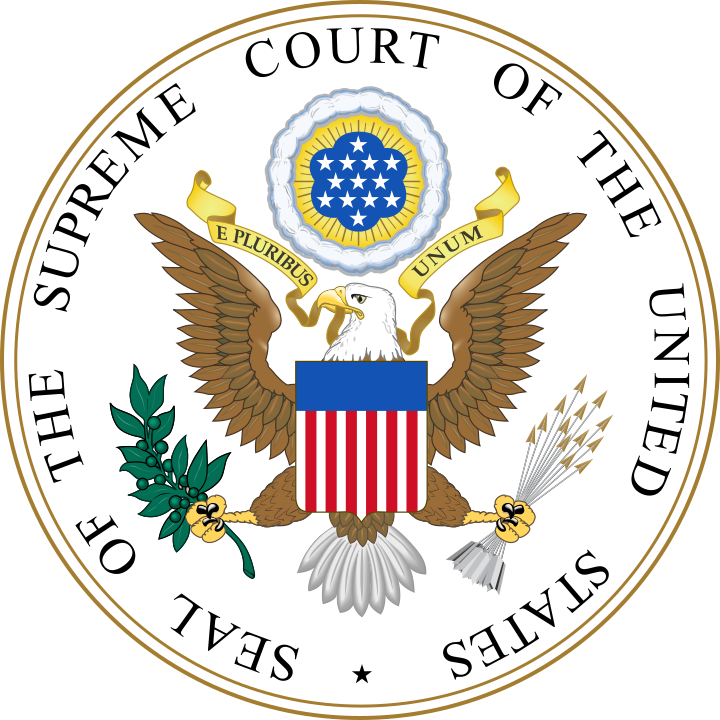AI Patent Ownership: A Supreme Court Debate
In a landmark appeal, the US Supreme Court has been asked to decide whether an Artificial Intelligence (AI) can be an inventor on a patent. This recent development has caused controversy throughout the intellectual property (IP) community, as it could significantly impact the future of innovation and patent ownership rights. In this post, we will shed some light on the potential implications of this appeal and how it may blur the lines of patent ownership.

Background
The concept of AI inventors was sparked by the case of DABUS (Device for the Autonomous Bootstrapping of Unified Sentience), an AI developed by Dr. Stephen Thaler. Dr. Thaler filed patent applications in several countries, including the United States, claiming that DABUS had autonomously conceived two inventions. This move challenged the conventional idea of humans being inventors, as IP laws have always been centered around human creativity.
Previous Decisions
US patent law currently requires that the inventor must be an individual. However, Dr. Thaler and his supporters argue that this requirement is outdated in today’s era of technology. The United States Patent and Trademark Office (USPTO) initially denied the applications, stating that AI systems are not capable of being the sole inventor. A similar outcome occurred in the United Kingdom and the European Patent Office, where the patent applications were denied on the same grounds.
The Appeal to the Supreme Court
Now, Dr. Thaler’s legal team has appealed to the US Supreme Court to revisit the concept of AI inventors. The primary argument is that AI systems can contribute to inventive concepts in ways that are distinct from human inventors, therefore meriting recognition under patent law. Should the Supreme Court rule in favor of AI inventions, the landscape of patent law could be dramatically altered.
The Blurring of Ownership Rights
Inventions and ownership are linked in the world of patents. Under the current legal framework, the inventor is considered the initial owner of a patent. However, when it comes to AI, the question of ownership becomes much more complex. Should an AI system be deemed an inventor, it is unclear who would hold the initial patent rights. The possible contenders for ownership include:
- The AI system itself: This would raise unprecedented legal and ethical questions, as AI systems currently lack legal personhood and cannot hold property rights.
- The developer of the AI system: This would involve recognizing the developer as the inventor due to their role in creating the AI system responsible for the invention.
- The user of the AI system: This would consider the individual, or entity, who applied the AI system to solve a particular problem as the rightful owner.
Future Implications
The Supreme Court’s decision on this issue could have far-reaching implications for the future of innovation and IP rights. If AI systems are recognized as inventors, new legal frameworks will need to be established to address the unique challenges of AI-generated inventions. This may include redefining patent ownership rights, establishing new criteria for inventors, and considering the ethical implications of AI-created inventions.
The question of whether AI can be a patent inventor is a complex issue. The Supreme Court’s decision in this appeal will certainly shape the future of patent law and AI innovation. Suiter Swantz IP will continue to monitor these developments closely, ensuring our clients receive up-to-date advice and guidance on navigating the evolving IP landscape.
